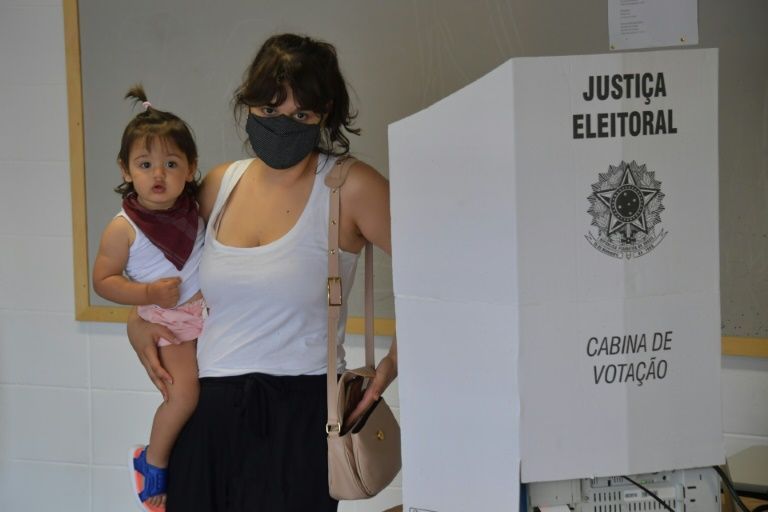RIO DE JANEIRO, BRAZIL – The MDB (Brazilian Democratic Movement) secured the highest number of Mayors in capital cities in the 2020 elections, with five seats, followed by the PSDB (Brazilian Social Democratic Party) and the DEM (Democrats), both with four victors.
The result cements the trend observed in the first round that the political center would be the big winner of this year’s municipal disputes – combined, the three parties will hold 13 of the 26 state seats in which there are City Halls (Brasília does not have one).

In the sequence, two additional center parties emerge – the PP (Progressives) and the PSD (Social Democratic Party) – and two leftist parties – the PDT (Democratic Labor Party) and the PSB (Brazilian Socialist Party) – all with two mayors elected each. Next, with one victor each come the Republicans, the PSOL (Socialism and Liberty Party), the Podemos (former National Labor Party) and the Avante (Forward Party) – these last two are the novelties of the current elections since they had never won a capital city hall.
When compared to 2016, mayors were lost by the PSDB (elected seven four years ago), the PDT (elected three) and parties that elected a mayor in the last race and now have none: the PT, PCdoB (Communist Party of Brazil), PMN (National Mobilization Party), Cidadania (Citizenship, former Popular Socialist Party) and Rede (Sustainability Network). The greatest loser was the PT, which for the first time in its history failed to conquer any capital – in 1985 and 2016, its worst years, it had elected at least one mayor.
Also compared to 2016, cities were won by the DEM (had elected only one) and the MDB (had four). The PSD (two), the PSB (two) and the Republicans (one) kept the same number of cities. The PHS (Humanist Party of Solidarity), which elected a mayor in 2016, ceased to exist and was incorporated by the Podemos.
Less dispersion
This year’s election also had fewer victorious parties in the capitals (11), two less than in 2016, when thirteen different parties won city halls, thus establishing the largest party dispersion in disputes of this kind in the capitals.
It is worthy of note that the election for the city of Macapá, which was deferred due to the power supply crisis, has not yet been held. Voting will occur on December 6th (first round) and December 20th (second round, if necessary).
The Mayors elected this year, by parties.
MDB
Sebastião Melo (Porto Alegre)
Maguito Vilela (Goiânia)
Emanuel Pinheiro (Cuiabá)
José Pessoa Leal (Teresina)
Arthur Henrique (Boa Vista)
PSDB
Bruno Covas (São Paulo)
Alvaro Dias (Natal)
Hildon Chaves (Porto Velho)
Cinthia Ribeiro (Palmas)
DEM
Eduardo Paes (Rio de Janeiro)
Bruno Reis (Salvador)
Rafael Greca (Curitiba)
Gean Loureiro (Florianópolis)
PSD
Alexandre Kalil (Belo Horizonte)
Marquinhos Trad (Campo Grande)
PP
Cícero Lucena (João Pessoa)
Tião Bocalom (Rio Branco)
PSB
João Campos (Recife)
João Henrique Caldas (Maceió)
PDT
José Sarto (Fortaleza)
Edvaldo Nogueira (Aracaju)
PSOL
Edmilson Rodrigues (Belém)
AVANTE
David Almeida (Manaus)
REPUBLICANOS
Lorenzo Pazolini (Vitória)
PODEMOS
Eduardo Braide (São Luís)

